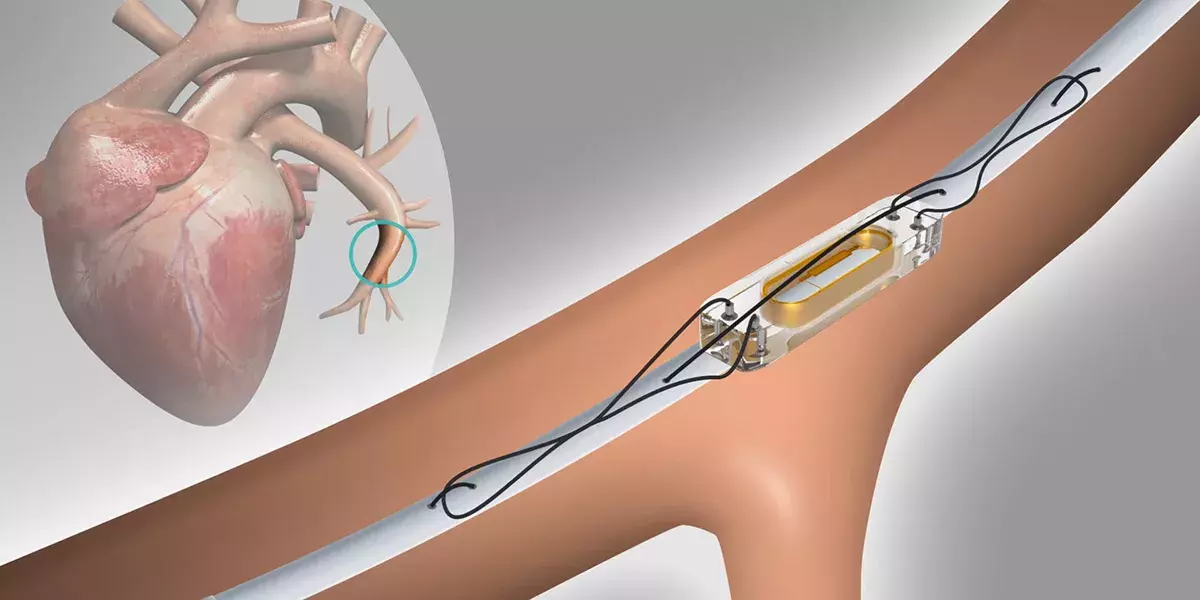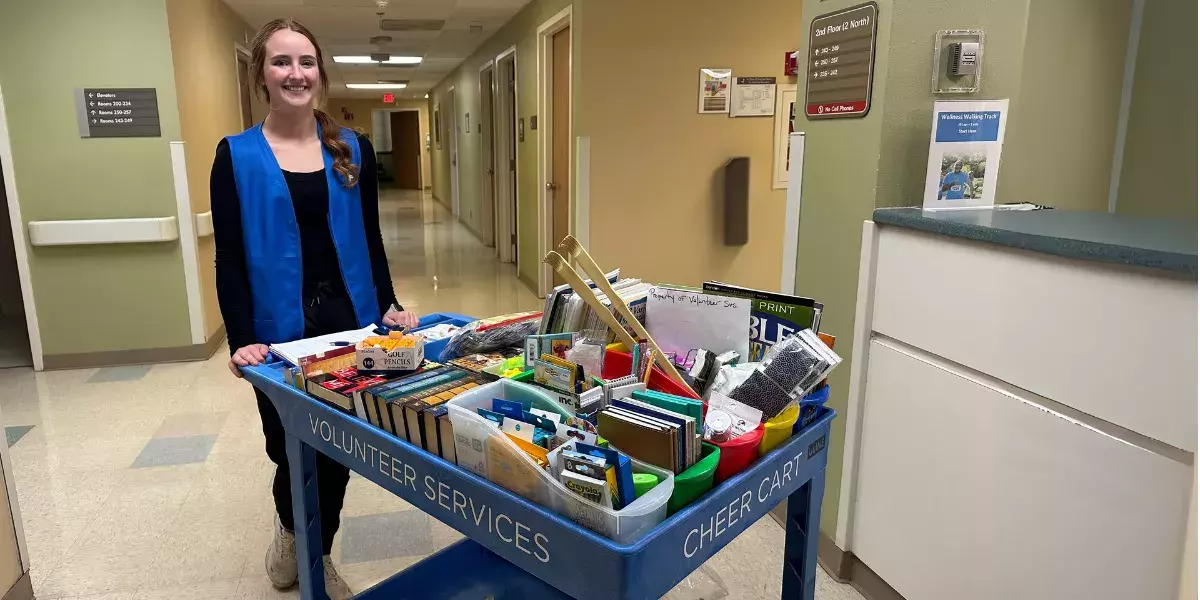
CardioMEMS keeps heart patients out of the hospital
More than five million people have congestive heart failure in the U.S., and many are admitted to the hospital for treatment. One technology has been proven to help keep these patients out of the hospital and living their lives.
It's called CardioMEMS, and the FDA approved it for use in the U.S. in 2014, after determining the device improved quality of life for heart patients and reduced hospital admissions due to heart failure.
“It is small. It has no battery. It has a capacitor in it and it can measure pressures,” cardiologist David Rodak, MD, FACC, said. “Since it has no battery, it doesn't wear out. It lasts forever.”
CardioMEMS assesses the fluid status in patients that have congestive heart failure. It is permanently placed in the pulmonary artery, the blood vessel that moves blood from the heart to the lungs. The sensor is implanted during a heart catheterization procedure.
“It's light monitoring,” Dr. Rodak said. “It's done through satellites and it's done through the internet, so similar transmission of data but the data is different.”
The data is transmitted directly to the doctor, who can call the patient if pressures are increasing.
“We then make a change in their medications and then we follow it the next day,” Dr. Rodak said, “and we can see whether the intervention was successful … if it's not, then we make another intervention.”
By using CardioMEMS, Spartanburg Medical Center patients receive real time immediate quality care that helps avoid worsening symptoms and possible hospitalizations for heart failure.
“It's not a cure, but it helps us manage heart failure,” Dr. Rodak said.












